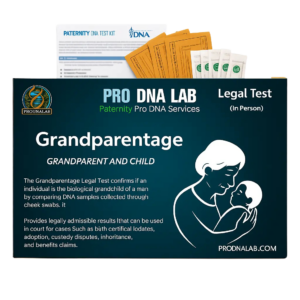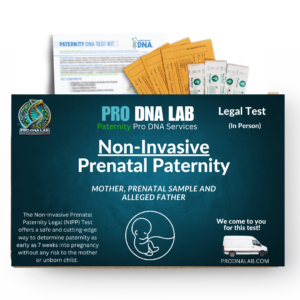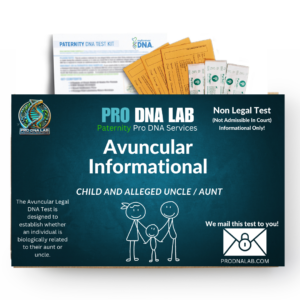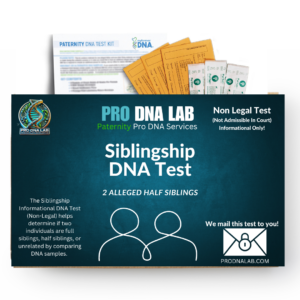Intro paragraph here…
How to Tell if a Child is Yours Without a DNA Test
Becoming a parent is an exciting and life-changing experience. However, for some individuals, there may be doubts or questions about the paternity of their child. While DNA testing is the most accurate and reliable method for determining paternity, there are other signs and factors that can provide clues. In this blog post, we will explore how to tell if a child is yours without a DNA test.
Physical Resemblance
One of the most common ways people try to determine paternity is by looking at physical features. It is not uncommon for a child to resemble their parents, especially in terms of facial features, hair color, and eye color. If you notice that your child has similar physical features to you or your partner, it can provide some reassurance. However, it is important to keep in mind that physical resemblance is not always a reliable indicator of paternity, as children can also inherit traits from grandparents and other relatives.
Emotional Connection
Another way to tell if a child is yours is by the emotional connection you have with them. As a parent, you have a unique bond with your child that cannot be replicated. You may feel a sense of love, responsibility, and protectiveness towards your child that can provide confirmation of your paternity. If you have a strong emotional connection with your child, it can be a sign that you are their biological father.
Behavioral Similarities
Just like physical features, children can also inherit behavioral traits from their parents. If you notice that your child has similar mannerisms, habits, or interests as you, it can be an indication of paternity. For example, if you are naturally athletic and your child also shows a love for sports, it can be a sign that they inherited this trait from you. However, it is important to note that behavioral similarities can also be influenced by environmental factors and upbringing.
Common Misconceptions or FAQs
- Question: Can a prenatal DNA test determine paternity?
- Answer: Yes, a non-invasive prenatal paternity test can accurately determine paternity as early as 8 weeks into a pregnancy.
- Question: Do I need to have a legal paternity test done?
- Answer: A legal paternity test is required for any legal purposes, such as child support, custody, or inheritance. It is recommended to consult with a lawyer to determine if a legal paternity test is necessary in your situation.
- Question: How accurate is early DNA testing?
- Answer: Non-invasive prenatal paternity tests have a 99.9% accuracy rate when performed correctly.
Summary
While DNA testing is the most accurate and reliable method for determining paternity, there are other factors that can provide indications. Physical resemblance, emotional connection, and behavioral similarities can all give you a sense of reassurance about your paternity. However, it is important to keep in mind that these factors are not a substitute for a DNA test and should not be relied upon for legal purposes.
This blog post is for informational purposes only and does not replace professional medical or legal advice.
Ready to get answers?
If you’re considering a non-invasive prenatal or legal paternity test, Pro DNA Lab is here to help. Our non-invasive prenatal paternity test can provide accurate results as early as 8 weeks into a pregnancy, and our legal paternity test is admissible in court. Don’t let doubts or questions about paternity weigh on you. Contact us today for peace of mind and clarity.
- 📞 Call us at (866) 644-4362
- 🌐 Visit: https://prodnalab.com
- 📧 Email: info@prodnalab.com
Author: Marvin Thomas
Founder of Pro DNA Lab
Marvin leads Pro DNA Lab with a mission to make DNA testing simple, private, and accessible for families who need clarity and peace of mind.












